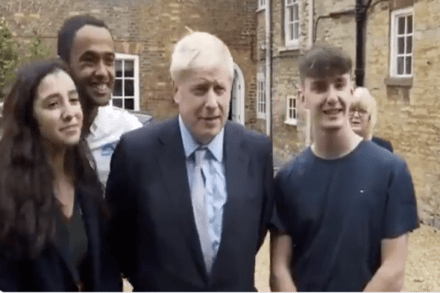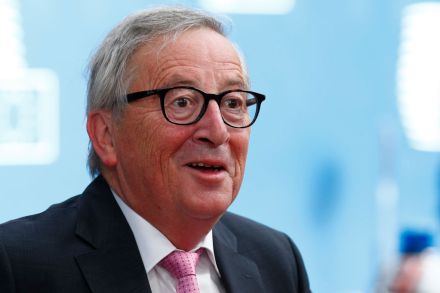George Osborne has nothing to offer the IMF
Smooth. Intelligent and articulate. A former finance minister. A European. And perhaps most importantly of all, a mildly irritating potential rival to the prime minister of his own country. In lots of ways, George Osborne ticks all the boxes to replace Christine Lagarde as the managing director of the IMF. Indeed, if you were looking for a perfect replica of the incumbent, minus the pearls and the elegant neck scarfs, you might well settle on the former chancellor. The trouble is, while Osborne’s brand of centrist Conservatism might suit the Fund in easier times, what it needs now is radical change – and the editor of the Evening Standard has



















